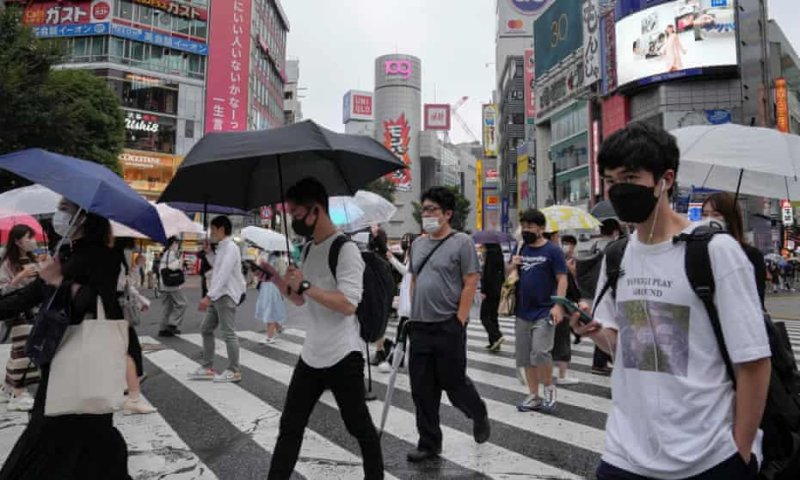Why did Japan’s fifth and biggest wave of the coronavirus pandemic, driven by the supercontagious delta variant, suddenly come to an abrupt end following a seemingly relentless rise in new infections? And what made Japan different from other developed countries that are now seeing a fresh surge in new cases?
Many scholars point to a variety of possibilities, which include one of the highest vaccination rates among advanced countries with 75.7% of residents fully vaccinated as of [November 17]. Other potential factors are the social distancing and mask-wearing measures that are now deeply embedded in Japanese society.
But the chief reason may be related to the genetic changes that the coronavirus undergoes during reproduction, at a pace of around two mutations per month. According to a potentially revolutionary theory proposed by Ituro Inoue, a professor at the National Institute of Genetics, the delta variant in Japan accumulated too many mutations to the virus’s error-correcting, non-structural protein called nsp14. As a result, the virus struggled to repair the errors in time, ultimately leading to “self-destruction.”
Studies have shown that more people in Asia have a defense enzyme called APOBEC3A that attacks RNA viruses, including the SARS-CoV-2 virus that causes COVID-19, when compared to people in Europe and Africa.































